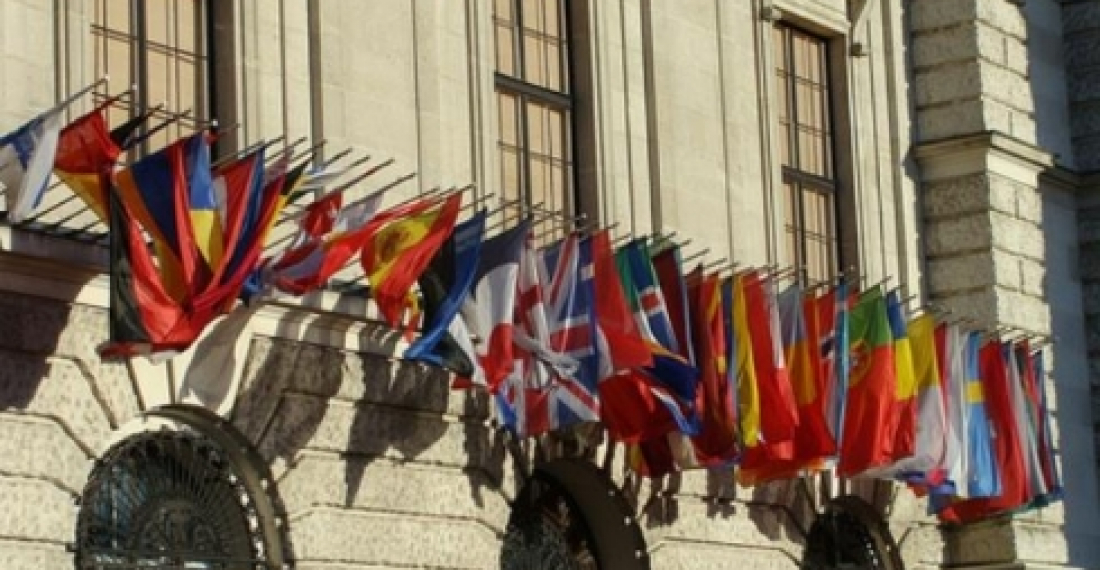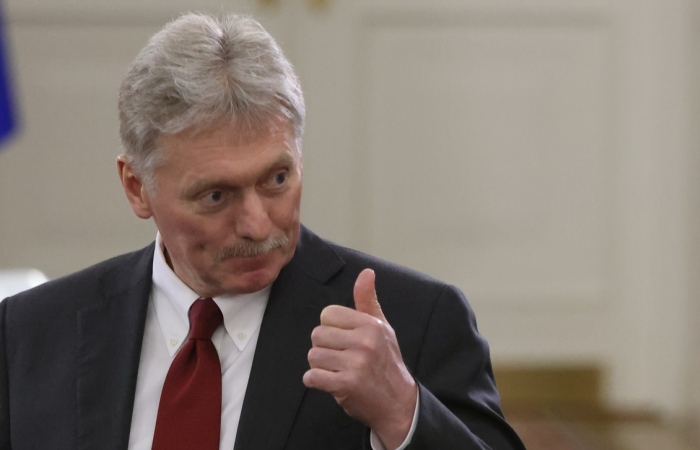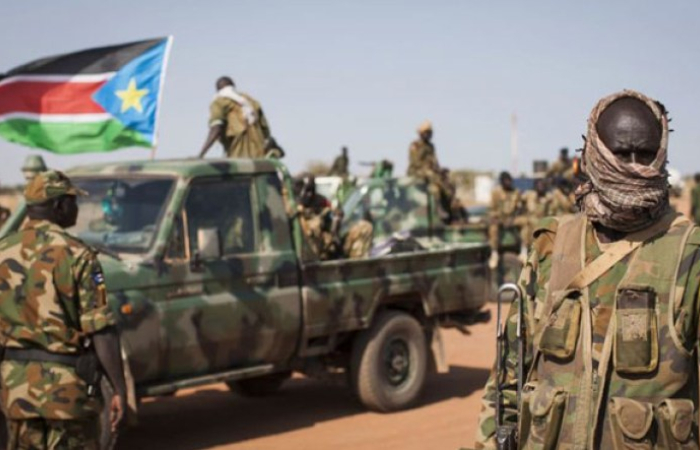The Co-Chair of the OSCE Minsk Group met separately with the Foreign Minister of Armenia, Edward Nalbandian, and the Foreign Minister of Azerbaijan, Elmar Mammadyarov, on July 22 in Brussels. The Personal Representative of the OSCE Chairperson-in-Office, Ambassador Andrzej Kasprzyk, also participated in the meetings.
A statement issued tonight by the OSCE said that the Co-Chair (Ambassadors Igor Popov of the Russian Federation, James Warlick of the United States of America, and Pierre Andrieu of France) expressed their serious concern about the increase in tensions and violence, including the targeted killings of civilians, along the Line of Contact and the Armenian-Azerbaijani border. They urged the parties to commit themselves to avoiding casualties and rejected the deliberate targeting of villages and the civilian population. They called on the Foreign Ministers to defuse tensions and adhere to the terms of the ceasefire.
The Co-Chair and Foreign Ministers also discussed possible agenda items for a presidential summit, underscoring the importance of a meeting between the Presidents of Armenia and Azerbaijan for achieving progress in peace negotiations. They also discussed meetings which could take place in New York on the margins of the UN General Assembly.
The Co-Chair continue to review possible security confidence building measures and people-to-people programs with the parties. They believe that such programs build the trust and confidence necessary for a lasting peace.
The diplomats were this morning in Vienna where they briefed the other countries of the Minsk Group about the status of peace negotiations.
source: commonspace.eu







